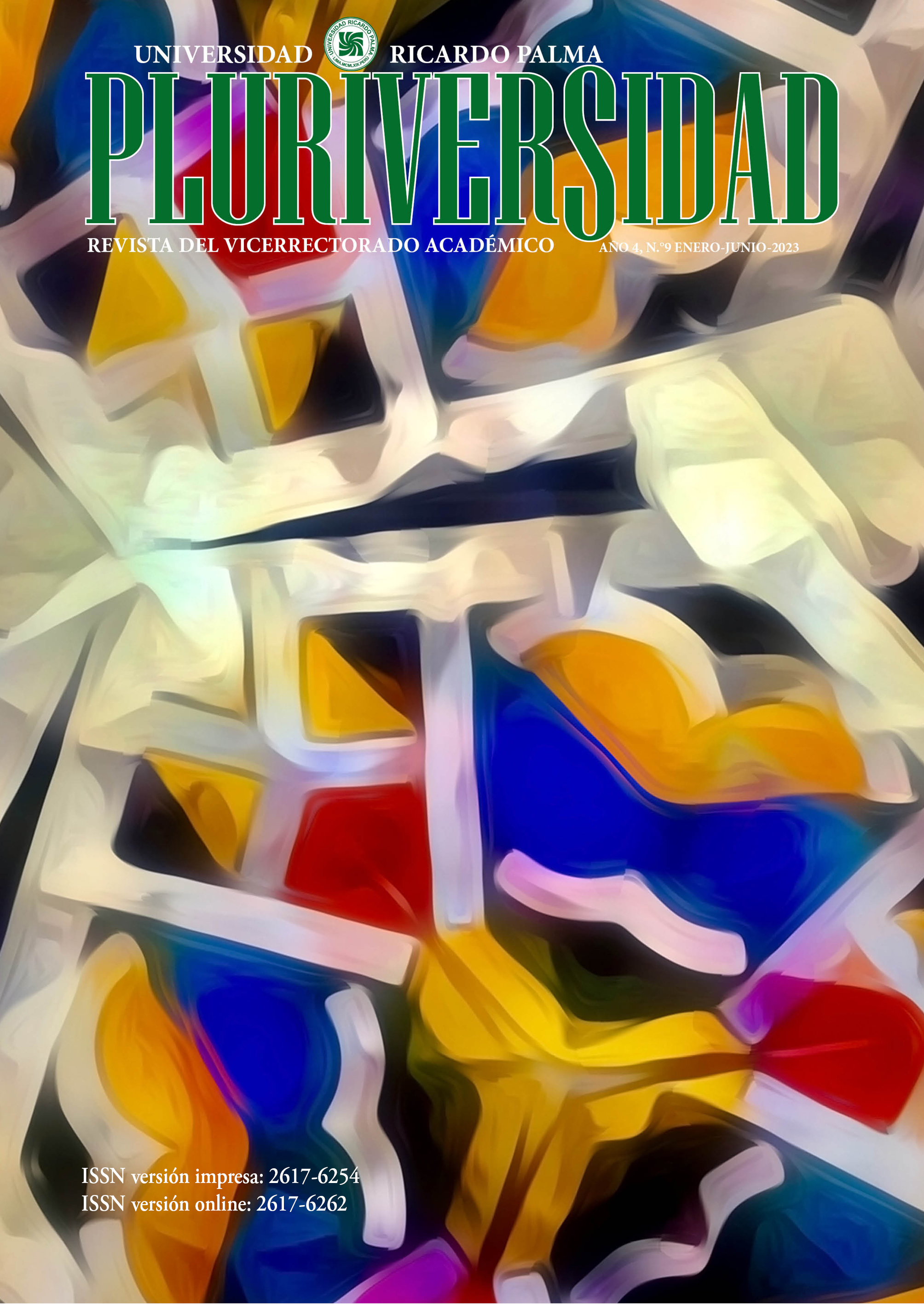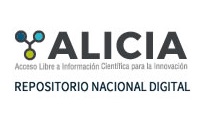Qali Warma food program in Peru: Political analysis from the state vision of Max Weber, Michael Mann and Guillermo O’Donnell
DOI:
https://doi.org/10.31381/pluriversidad09.5434Abstract
Several food programs attempting to meet social demand and to counter social inequality have been created in Peru. Qali Warma is one of these programs. Peruvian government has promoted its design, planning and implementation. However, this public policy presents certain weaknesses and setback. This article’s purpose is to analyze the power and autonomy of the Peruvian State to implement this program from a political science perspective. Therefore, its structure, scope and impact are evaluated from the approach of authors such as Max Weber, Michael Mann and Guillermo O’Donnell. The research concludes that it is a strong bureaucracy and infrastructure policy, but also it has coverage and corruption problems seen as brown areas, which make its efficiency questionable.
Downloads
Downloads
Published
Versions
- 2023-01-22 (3)
- 2023-01-22 (2)
- 2022-12-31 (1)
How to Cite
Issue
Section
License
Copyright (c) 2022 PLURIVERSIDAD

This work is licensed under a Creative Commons Attribution-NonCommercial 4.0 International License.
Licencia de uso Creative Commons 4.0. Atribución-No Comercial(CC BY-NC)
![]()





